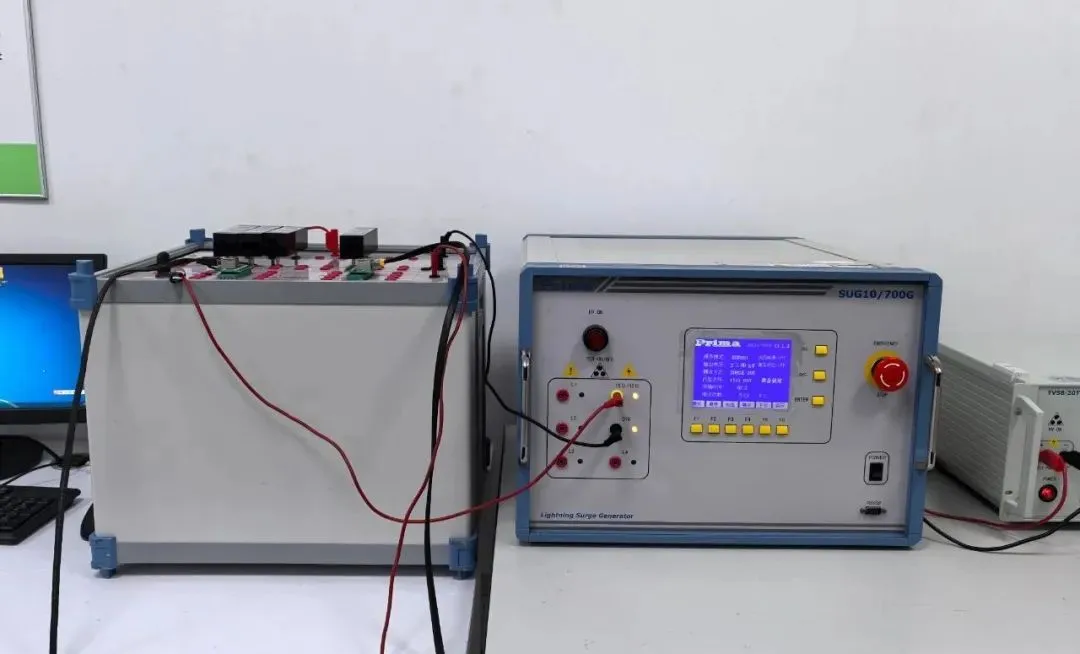
NFC Wireless CE Certification Test Requirements
NFC 13.56MHz ([13.554–13.567] MHz) mainly includes two technical specifications: ISO/IEC 14443 and ISO/IEC 10373-6.
Wireless RF CE (RED) Certification (NFC 13.56MHz)
- ETSI EN 302 291-1
- Electromagnetic compatibility and Radio spectrum Matters (ERM); Short Range Devices (SRD); Close Range Inductive Data Communication equipment operating at 13.56 MHz; Part 1: Technical characteristics and test methods (NFC 13.56MHz RED old standard).
- EN 62369-1
- Evaluation of human exposure to electromagnetic fields from various devices in the frequency range 0 GHz to 300 GHz, generated by Short Range Devices (SRDs); electronic article surveillance, radio frequency identification, and similar systems.
- ETSI EN 300 330-1/-2
- CE certification standards for short-range wireless products operating in the frequency range of 9 KHz to 25 MHz, such as 13.56MHz RFID products (NFC 13.56MHz RED new standard).
- EN 50364
- Limits for human exposure to electromagnetic fields from devices operating in the frequency range of 0 Hz to 300 GHz, applicable to electronic article surveillance (EAS), radio frequency identification (RFID), and similar applications.
Wireless RF fcc & ic certification (NFC 13.56MHz)
- fcc part 15 Sub-part C (15.225)
- RSS-210 Issue 9
- ANSI C63.4
Wireless RF FCC & IC certification also needs to meet corresponding EMC standards. For information technology products, the following standards must be met:
For EU CE Certification:
- en 55032
- en 55024
- EN 55035
For North American fcc certification:
- fcc 47 cfr part 15.207 Conducted limits requirements
- FCC 47 CFR Part 15.209 Radiated emission limits requirements
- 15.215 Additional provisions to general radiated emission limits
If NFC is passively receiving without actively transmitting RF signals, only the receiver's spurious radiation needs to be tested:
- EN 300 330 Receiver spurious radiation.
Email:hello@jjrlab.com
Write your message here and send it to us
 What is the EN 61326-2-3 Standard?
What is the EN 61326-2-3 Standard?
 Why Do Smart Sockets Need IEC 60884 Certification?
Why Do Smart Sockets Need IEC 60884 Certification?
 Why Retest the Device if the 5G Module Already Has
Why Retest the Device if the 5G Module Already Has
 Overview of IEC 62087 Test Standard
Overview of IEC 62087 Test Standard
 CISPR 25 Test Standard Compliance Guide
CISPR 25 Test Standard Compliance Guide
 IEC/UL/CSA 62368-1 Electrical Distance Testing
IEC/UL/CSA 62368-1 Electrical Distance Testing
 Canada Wireless Device IC Certification RSS-210 Te
Canada Wireless Device IC Certification RSS-210 Te
 FCC Part 15.231 for Wireless Remote Controls and S
FCC Part 15.231 for Wireless Remote Controls and S
Leave us a message
24-hour online customer service at any time to respond, so that you worry!




